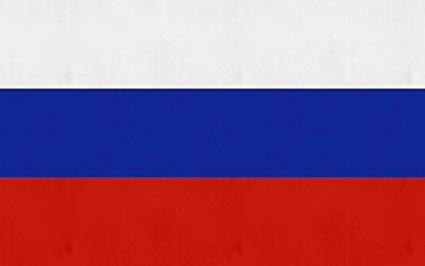Air Travel Resumes
As of January 27, 2021, air traffic to Russia has resumed with Finland, Vietnam, India, and Qatar. At the moment, in addition, air traffic is open between Russia and Abkhazia, Belarus, Cuba, Egypt, Ethiopia, Greece, Japan, Kazakhstan, Kyrgyzstan, Maldives, Republic of Korea, Republic of South Ossetia, Serbia, Seychelles, Singapore, Switzerland, Tanzania, Turkey, United Arab Emirates, and the United Kingdom. As of February 15, 2021, air traffic will resume with Azerbaijan and Armenia.
Details on flights include:
- Greece (Moscow-Athens, two flights a week)
- Finland (Moscow-Helsinki, twice a week; St. Petersburg-Helsinki, twice a week)
- India (Moscow-Delhi, twice a week)
- Qatar (Moscow-Doha, three times a week)
- Singapore (Moscow-Singapore, three flights a week)
- Vietnam (Moscow-Hanoi, twice a week)
The United Kingdom is suspended until February 16, 2021, due to identification of a new strain of the COVID-19 coronavirus in Britain.
The situation could change at any time, so travelers should monitor the latest news before traveling to a particular country.
Family Members of Highly Qualified Specialists Admitted
A government order is allowing a single entry into the Russian Federation for family members of foreign nationals in Russia on work permits for highly qualified specialists (HQS). Family members include spouses, parents, children, adoptive parents, and adopted children.
To qualify, a foreign national must be on a list sent to the Federal Security Service and the Internal Affairs Ministry by the relevant Ministry. The employer of the HQS work permit holder should apply to the Ministry. Also required is a medical document (in Russian and/or English) confirming a negative COVID-19 test, done by the PCR method, within three calendar days before entry into the Russian Federation.
COVID-19 Measures Extended
Russia has extended until June 15, 2021, measures regulating the status of foreign citizens and stateless persons related to the COVID-19 pandemic. Foreigners meeting certain qualifications can stay in Russia until that date, provided the expiration of their immigration documents fell between March 15, 2020, and December 15, 2020.
The extension applies to visas (all types), address registrations, migration cards, temporary and permanent residence permits, and documents confirming refugee status, among others.
If the expiration date of the immigration document falls between March 15, 2020, and June 15, 2021, the document’s validity is automatically extended for 458 days after the document expiration date. This applies only to citizens (permanent residents) of other countries with which transport communications (e.g., air travel) have not yet been restored. If transport communication with the country of citizenship or permanent residence has been restored, the foreign national has 90 days from either the date of the Presidential Order, December 17, 2020, or from the date when transport communications were restored, to depart from the Russian Federation. No additional immigration documents will be needed in such cases.
The order does not apply to work permits or patents. Holders of such immigration documents and their employers must file for an extension in the standard manner.
Details:
- “Russia Resumes Air Service With Finland, Vietnam, India, and Qatar,” http://government.ru/news/41340/ (Russian; translation to English available on the page)
- “Russia Extends Suspension of Air Traffic With Britain,” http://government.ru/en/docs/41300/ (Russian; translation to English available on the page)


